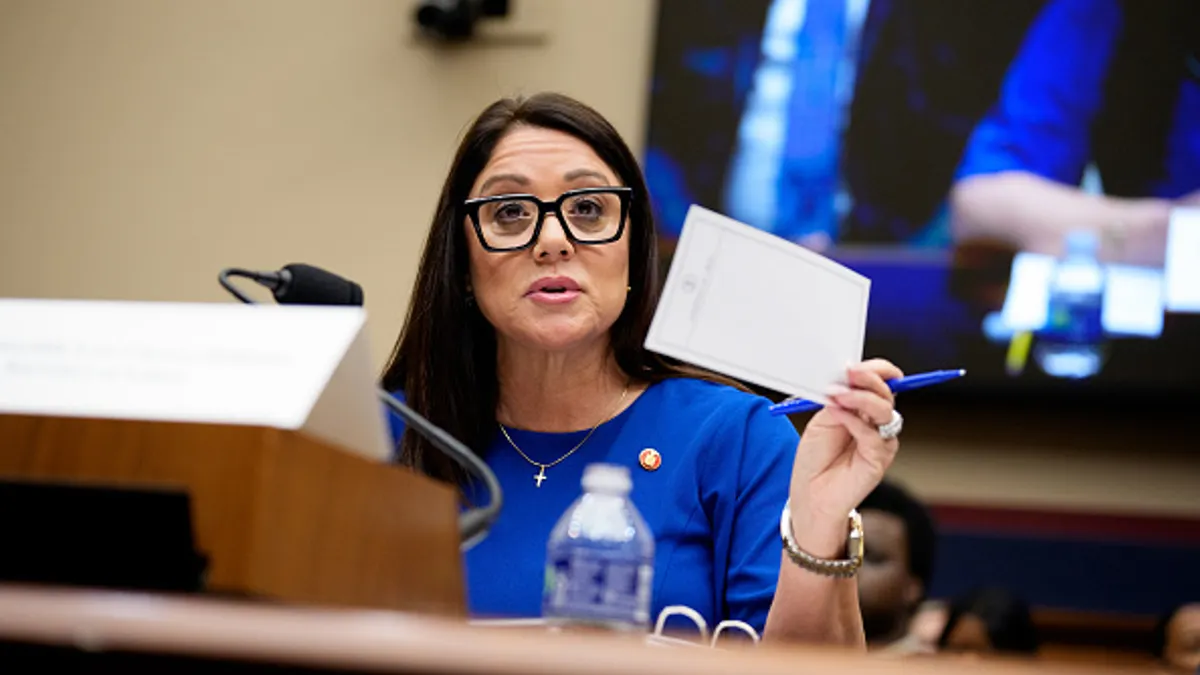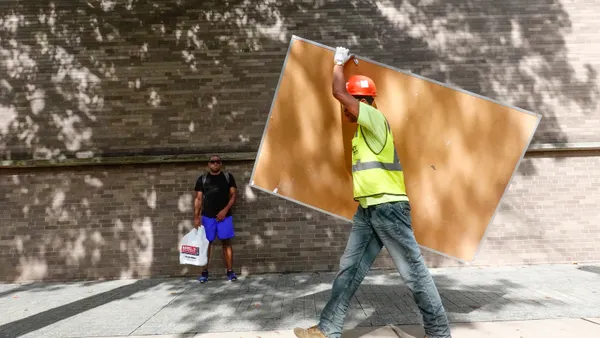Dive Brief:
- The European Construction Industry Federation (FIEC) penned a public letter urging the European Commission to publicly declare the coronavirus pandemic as a “case of Force Majeure and has to be treated accordingly by construction employers and clients” across the European Union.
- The FIEC letter urges EU member countries to suspend construction without penalties or fees for a contractor if it closes a jobsite due to an inability to protect the health of workers or secure materials necessary because of supply chain delays.
- The federation suggested the EU allocate more resources for construction projects co-financed by the EU to cover additional costs incurred because of the pandemic.
Dive Insight:
Although a force majeure may be a helpful measure to protect contractors, it’s unlikely that the U.S. government will declare something like what the FIEC suggests, experts told Construction Dive.
A force majeure clause is a provision of a contract that allocates performance risk if a project is delayed indefinitely or stopped altogether due to circumstances outside of the contractor’s or owner’s control, according to attorney Trent Cotney, CEO of Cotney Construction Law, writing in an opinion piece for Construction Dive.
David Abramovitz, a partner and construction lawyer with Robinson Brog in New York City, said one big difference between the U.S. and the EU is structure.
“The U.S. is very much 50 separate states,” Abramovitz said. “Each state has their own constitutions.”
Although contract issues are similar across the U.S., each state handles them differently enough to make a uniform decision unlikely and complicated.
“In the best-case scenario you’d want to have the highest authority issuing some kind of declaration,” said Mark Zelko, also a partner with Robinson Brog. “Up until this point, it has been very piecemeal.”
In the absence of a force majeure declaration, more guidance from federal government officials will be needed, Zelko and Abramovitz said. The best comparison for how the coronavirus’ impact on construction could play out in the U.S. may be 9/11, Abramovitz said.
The low chance of a nationwide declaration of force majeure could mean a long period of case-by-case, state-by-state litigation for those who have not properly added force majeure provisions to their contracts, Zelko added.
The most beneficial scenario at this point could be a national emergency with specific outlines for work stoppages and delays, and how to mitigate those costs, though such a declaration remains highly unlikely, Abramovitz said.
Click here to learn more about force majeure contract clauses.














